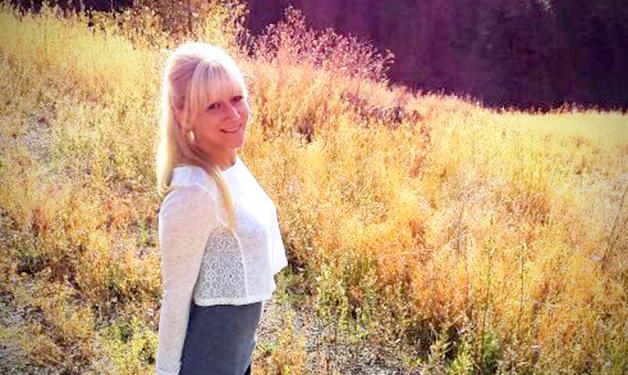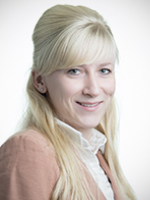
Meet Lidia – Health economist, fan of Canada’s great outdoors, and quality of life researcher.
Q: What is your research area and why does it interest you?
A: I focus on the measurement of quality of life (QoL) and the validation of existing QoL measures in different clinical areas. Due to my background in health economics, I’m particularly interested in measures that are suitable for use in cost-utility analysis in order to aid resource allocation decisions. Allocating scarce resources is a challenging task for decision makers, which is why it is important to ensure that the measures that we apply adequately inform us whether or not interventions are a good use of public money.
Q: What has been your proudest achievement in your career so far?
A: I’m proud of having moved to Canada and that I improved my English, which has opened many new doors in my life. It allowed me to continue my graduate studies in English and to conduct my Master’s internship in Canada, which ultimately facilitated entry into my PhD program. I am also proud of having passed the TOEFL test, the first presentation I gave at a conference, the first paper I published in a peer-reviewed journal, and having received several awards that recognized my work.
Q: What’s the best advice you’ve ever received in your career?
A: “Never present your data in a pie-chart”, was advice given by Dr. David Whitehurst and Dr. Stirling Bryan when I was working on my first real data analysis for my Master’s Thesis.
Q: What do you like to do when you’re not working?
A: As a quality of life researcher, I am always trying to find ways to improve my overall well-being through things like travelling, spending quality time with my loved ones, and shopping (I love fashion). Since moving to Canada, my passion for hiking and camping has grown and I enjoy spending my time outdoors.
Q: If you won a free vacation to anywhere in the world, where would you go?
A: I would travel to Australia with my husband and explore the Australian Outback, discovering hidden places, and enjoying the scenery. Another big dream of mine is to dive the Great Barrier Reef, participate in a whale watching tour, and also to go surfing (but not meet any hungry sharks looking for dinner).
Q: What would you be doing if you weren’t a researcher?
A: I would probably be a medical doctor. I was accepted into medical school in Germany but decided to start my career in health economics. Looking back, I know this was the right decision, as things couldn’t have turned out better for me.



